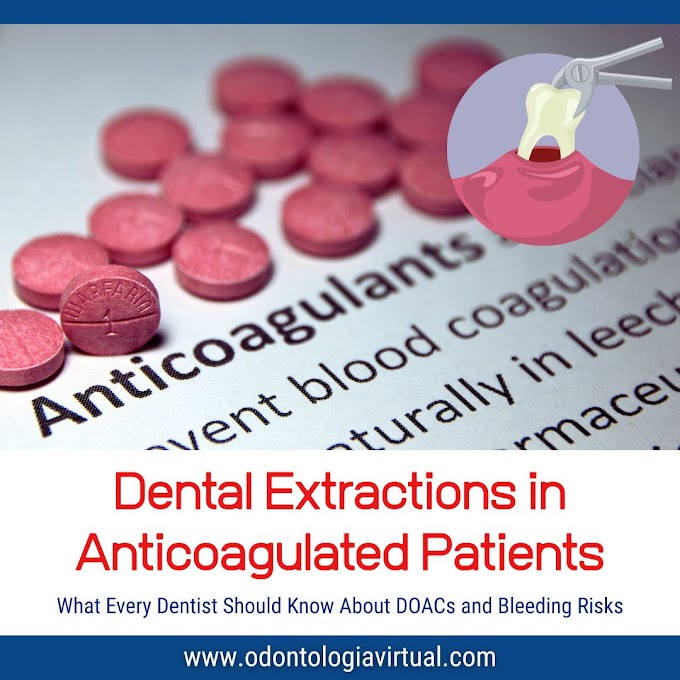Estimates suggest that pulpal disease may affect up to 30% of the world’s population. When left unchecked, pulpal disease lends itself to a reduced quality of life by means of increased pain, loss of physiologic function and compromised anatomical form of the affected dentition.
Scientific literature consistently highlights the undeniable benefits of antibiotic use in treatment of disease control, more specifically odontogenic bacterial infections.
7 ENDODONTICS BOOKS that every specialist must read. The following list of Endodontics books includes literature published since 2000. Professionals in this specialty have to read this collection of books.
However, the value of these drugs in preventing serious health complications is not always congruent with safety; because their use can be undermined by disruptive prescribing practices and behaviors that lead to misuse of antibiotics and their associated adverse effects.
Guidelines for proper prescription of antibiotics in helping to manage polymicrobial infections have remained consistent throughout the endodontic literature, although recent updates warrant mention, according to a new report by the American Dental Association.
Classic literature consistently illustrates that a regimen of systemic oral antibiotics is not indicated for a small localized swelling in the absence of systemic signs and symptoms of infection or spread of infection.
A recent Cochrane Database Systematic review showed that antibiotics were of no additional therapeutic benefit for healing of a localized periapical abscess.
Outcomes of pain and infection were dependent
upon drainage being relieved through access or incision and drainage.
Evidence shows that antibiotics are an
adjunct in the management of periradicular infections.
In an effort to save the natural dentition, effective treatment of
odontogenic infections must include removal of the reservoir of infection through endodontic treatment.












